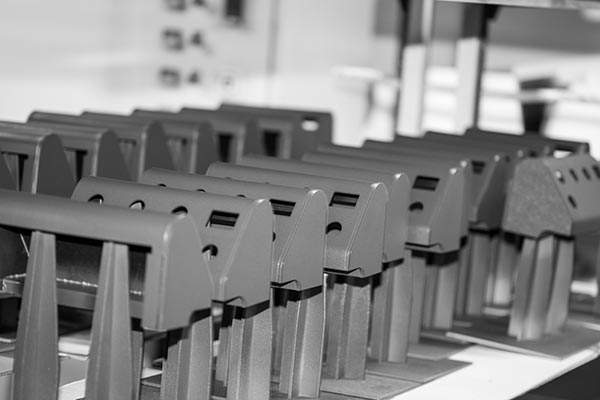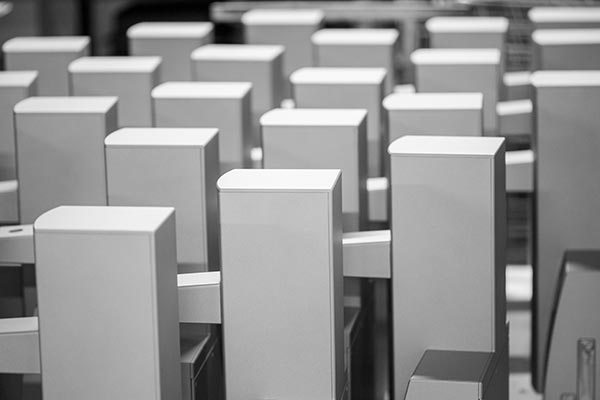- +33 (0)2.35.54.63.40
- sales@ltp.fr
-
La Tôlerie Plastique ZI Route d'Etretat Impasse des thuyas
76930 Octeville-sur-mer France

A « Custom Plastic Enclosure » is a unique enclosure, box, cover or case. The case is not available in a catalogue or off the shelf. It is designed and manufactured for a specific application.
The manufacture of customised plastic enclosures offers a customised plastic case or a customised cover for your electronic device. Thus, the manufacture of a custom plastic housing can meet technical needs but also aesthetic needs that can be found in different application sectors such as:
For the manufacture of a customised plastic housing, the offer of various plastics processing technologies is rich. Here are the main processes:
Each process has its advantages and disadvantages. To choose the right manufacturing technology, ask yourself the following questions:
Sheet Plastics Bending is the most economical process for small and medium series but is not suitable for the need of spherical shapes. Injection is the most economical for large series and suitable for all types of shapes. Plastic machining makes it possible to fabricate simple parts with high precision.
3D printing makes it possible to make a piece without any limit of shape in a short time, but with a substantial limitation of part size and quantity in series. Injection, thermoforming, vacuum casting and composite require manufacturing upstream of a mould. The cost of the latter must be profitable by the quantity of manufacture.
With more than 35 years of experience at LTP, you have the right contact for all your plastics projects. Our technical sales team is here to help you find the right technology to design and manufacture your custom plastic housing.
After checking that the – Sheet Plastics Bending – process is the right technology for your project, our teams will then develop a theoretical design and submit a quote.
We need technical elements and your conditions of use. In general, the elements you have are enough for us: plans, general data, and internal components. LINK Request the checklist
Contact with a sales representative is essential to understand your needs fully. You can contact us by phone at 02.35.54.63.40. You can also send us an email via the website. It is important to provide a telephone number so we can call you back.
When we have the necessary information, we prepare the estimate within an average of 48 hours.


We prepare a quote including:
Our ERP server will send the estimate with the contact details of your sales representative. We break down the project into elementary parts to calculate the price of a custom-made plastic case or a custom-made PVC case. Each part is subjected to operations (machining, engraving, bending). The whole is assembled and finished in phases (Silkscreen printing, EMC shielding, painting, accessories…) Each operation time is estimated, and valued by a rate. The cost of the material is added. This is how our teams prepare your estimate.
The unit price of an enclosure depends upon the production quantity. Since our technology does not require moulds or specific tools, we will configure our machines.
On the other hand, the variability of the product’s unit price by absorption of fixed costs quickly reaches a threshold. Fixed costs then represent about 5% of the total cost. Depending on the size and complexity of the product, this limit is reached for launch quantities between 25 and 200 pieces.
Beyond that, the unit cost price no longer varies. Only then a commercial discount can be applied without economic reality.